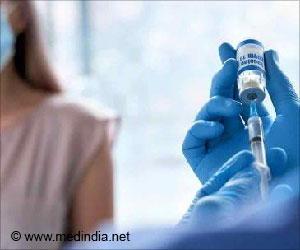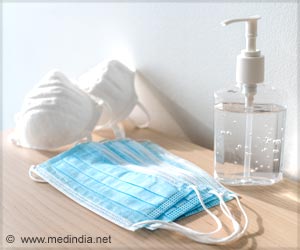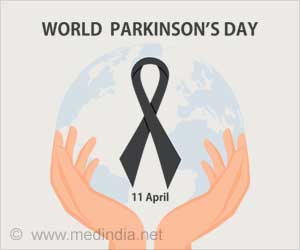says Ishan Barman, an associate professor of mechanical engineering, who along with David Gracias, a professor of chemical and biomolecular engineering, are senior authors of the study.
The sensor had demonstrated 92% accuracy at detecting SARS-COV-2 in saliva samples – comparable to that of PCR tests.
“Our platform goes beyond the current COVID-19 pandemic. We can use this for broad testing against different viruses, for instance, to differentiate between SARS-CoV-2 and H1N1, and even variants. This is a major issue that can’t be readily addressed by current rapid tests,” says, Barman.
Source: Medindia



